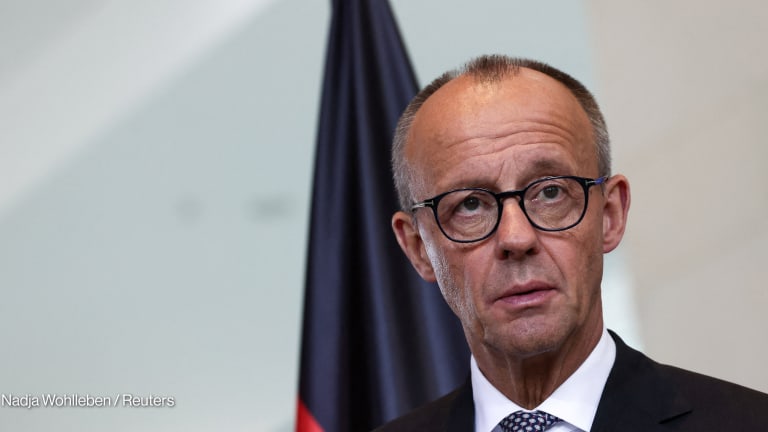
The rise of “populist radical right parties" in Europe has pulled aid away from climate change and multilateral cooperation in favor of greater spending on migration objectives, according to a new study from the German Development Institute.
The research examined the influence of both governing and opposition PRRPs, defined as combining nativism, authoritarianism, and populism. Such parties “often campaign to reduce or even to eliminate foreign aid spending,” it said.
Lead author Christine Hackenesch declined to say whether the current U.K. Conservative Party — whose recent funding cuts have left a £4.5 billion hole in the nation’s aid budget — would qualify as a PRRP. Out of all the political groups in the country, only the UK Independence Party was considered by researchers, who analyzed data that preceded the aid cuts.
The findings: The researchers’ model drew on aid spending data in around two dozen European countries from 1990 to 2018, comparing it with data from The PopuList database. Hackenesch said her team did not systematically analyze left-wing populists, as these had gained relevance in relatively few countries.
The authors found that strengthened PRRPs “did not have a statistically significant negative impact on overall aid budgets.” European governments have instead responded to the growing prominence of PRRPs — which have more than doubled their average electoral support on the continent since 2000 — by changing how foreign aid is spent, according to the study.
A 10% increase in the vote share of PRRPs was associated with an average 1.2 percentage point boost in the share of migration-related aid, the researchers found. Meanwhile, a 10 percentage point increase in their vote share was linked to a 5.2% decrease in multilateral aid spending. A 10% increase in PRRP vote share was associated with an average 1.8 percentage point decrease in the share of climate-related aid.








